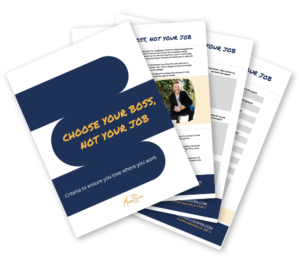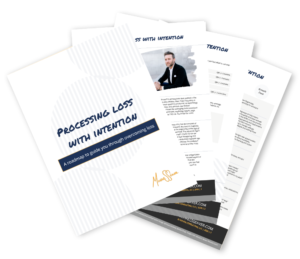Too many organizations fall victim to groupthink. Groupthink occurs when a group makes faulty decisions, ignores viable alternatives and takes irrational action due to various internal and external pressures. Often, group members try to minimize conflict and isolate themselves from outside influence to remain harmonious and loyal to the group’s cause. As a person who fears causing trouble and loss of long-term security, I can respect that. But, why focus on harmony at the expense of contribution to an important goal?
According to the Forbes article, 5 Reasons 8 Out Of 10 Businesses Fail, author Eric T. Wagner said, “… 8 out of 10 entrepreneurs who start businesses fail within the first 18 months. A whopping 80% crash and burn.” In Gallup’s State of the American Workplace report, research shows that only 30% of American workers are engaged. More than 70% are disengaged and unhappy.
Does groupthink contribute to the 80% of businesses crashing and burning?
Possibly.
Does groupthink contribute to the 70% of employees disliking their jobs?
Maybe.
Avoiding groupthink becomes particularly important when building a team. Developing a hiring process that helps to uncover unique hires who enrich important aspects of your organization’s culture, not those who simply maintain the status quo, is critical. Before interviewing, identify what may be missing from your organization. Consider reviewing candidates for diverse backgrounds, technical skills sets, communication styles, motivators and preferred methods of appreciation. During the interview process, uncover and place a premium on the attributes necessary to avoid groupthink and drive organizational contribution.
Previously, has the person –
- asked why the status quo exists in the first place and challenged it somehow
- led a team to produce a multitude of ideas not considered before
- had diverse work experiences outside your industry, internationally, or entrepreneurially
- actively sought constructive criticism/feedback from colleagues
- been open to risk, but established structures to balance a risk profile
- repeated him/herself to influencers until a unique idea became the accepted idea
- invited diverse (perspective, experiences, demographic, beliefs, etc. ) colleagues to brainstorm
- had a mentor and/or reverse mentored someone above them in a previous organization
- openly encouraged safe conflict and debate and/or actively played devil’s advocate
In her September 2015 TED Talk, Why the best hire might not have the perfect resume, Regina Hartley describes candidates who fought against tremendous odds to find success. She calls those candidates “scrappers” and suggests, when looking at the scrapper’s professional history, that “… a series of odd jobs may indicate inconsistency, lack of focus and unpredictability. Or, it may signal a committed struggle against obstacles.”
Perhaps, finding a scrapper who is different from other members of your team will add significant value. As I discussed in previous articles about The Benefits of Hitting Rock Bottom and The Hero’s Journey, overcoming obstacles may be one of the best ways to identify your personal brand and live your life’s intent. And, it may offer insight into how your team will overcome groupthink.
Unique candidates will likely be able to break the groupthink cycle and help you manage change, communicate powerfully, be more productive and execute strategy effectively. These scrappers may have had experiences that make them part of the 20% of businesses who succeeded or the 30% who actually liked their jobs.
Don’t maintain the status quo. Don’t focus on harmony. Don’t hire for fit.
Hire for contribution.






Connect with me